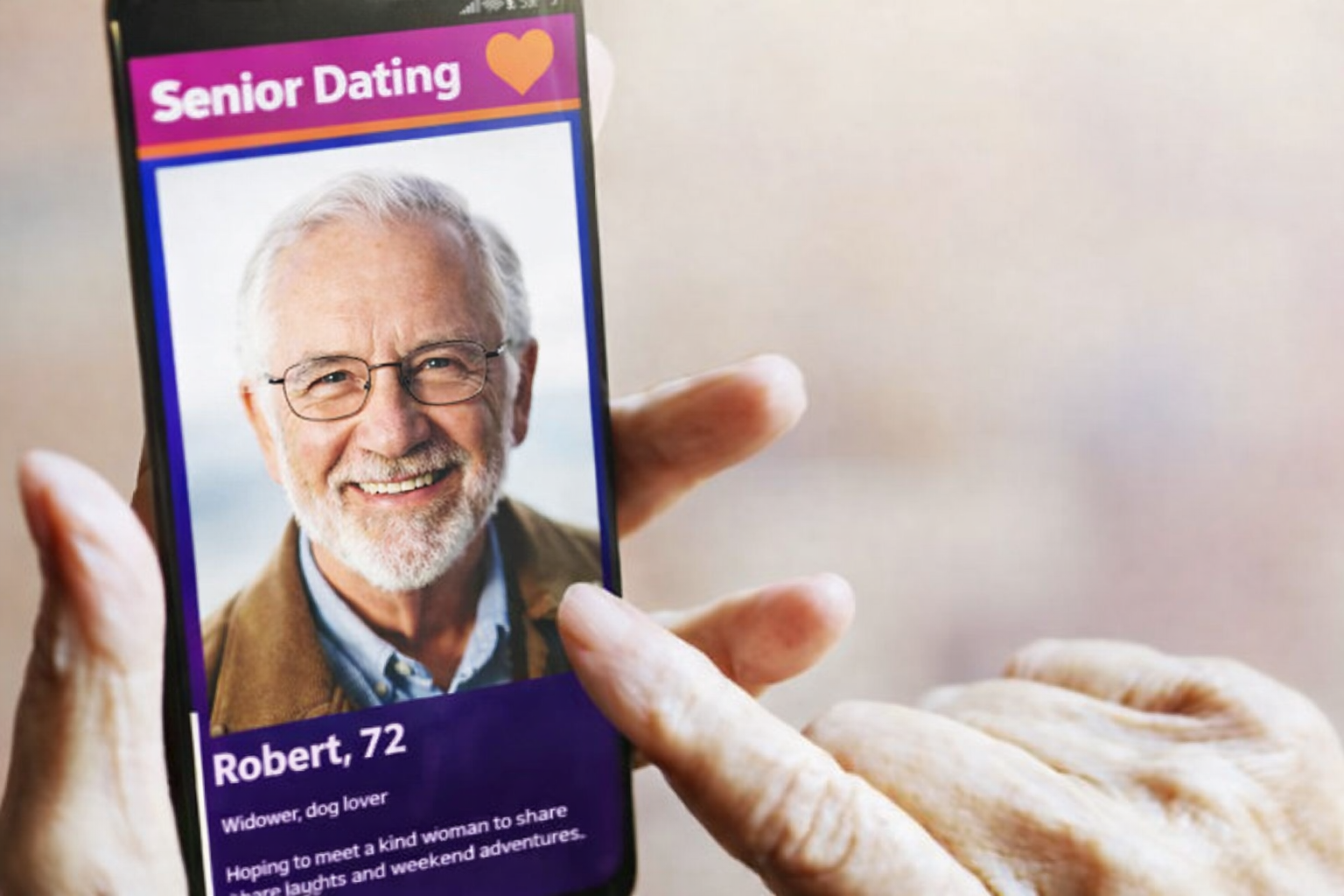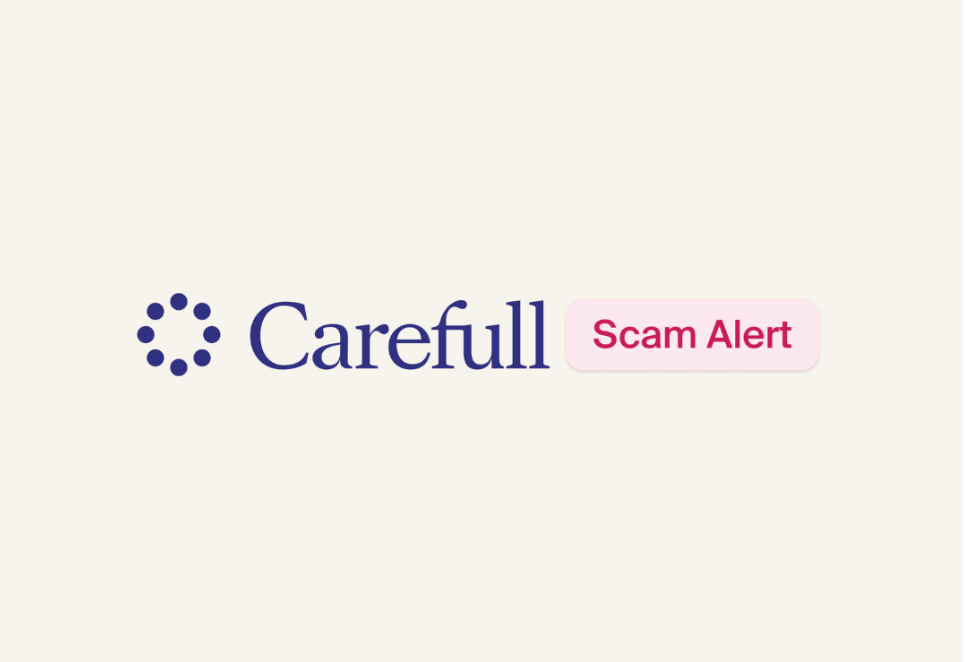How to Hang up on Scam Calls

In late 2021, Partha Ray got a call from his mom, who said she needed to go to the bank and wanted him to be at her house to let in workers who were coming to install blinds. The installation appointment had been made several months earlier, so it didn’t make sense to Ray that his mom was making a last-minute run to the bank.
“It kind of raised a red flag to me,” he said. So he pressed her for details.
Ray’s mom had gotten a phone call from someone who claimed to be with Best Buy’s Geek Squad and offered her a refund for canceling her tech support account. The caller told her to go to a website to claim her refund and stayed on the phone with her as she did. When the refund didn’t process, the caller said he could connect to her computer and help her get her money.
She was told to enter $500 for the refund amount. But the caller said she had accidentally typed $50,000 and would need to refund the difference back to him. “I told her to stop what she was doing and not go to the bank,” said Ray, who knew it was a scam. “I guess I saved the day.”
Ray’s mom was fortunate that her son intervened. Consumers reported losing nearly $800 million to phone scams in 2022, according to the Federal Trade Commission. The median amount lost was $1,400—which is a hefty sum but much less than the whopping $50,000 Ray’s mom would have lost.
Ray says he realized after that close call that he had to find a way to protect his mom from future scam calls. Drawing from his experience as a computer forensics expert, Ray decided to create the Fellow Fox online course and community to help older adults identify and avoid scams.
The next time you get a call that might be a scam, Ray recommends that you take the following steps to avoid becoming a victim.
[ Read: Senior Scams and How to Avoid Them ]
Don’t answer the phone
The most effective way to avoid scam calls is to not answer any calls that you get. Instead, let calls go to voicemail. “If the person who's calling has something important to say, they'll leave a message,” Ray says. Then, you can listen to the message and decide if you want to respond.
This is a better strategy than letting the name or number that appears on caller ID determine whether you answer a call. “You have to understand that anybody can spoof any number,” Ray says. Scammers can make it appear that they’re calling from a local number or even a known company or agency such as the IRS, Medicare or FBI. In short, caller ID can’t be trusted.
Most likely, callers from the “IRS” or “Warranty Services” will hang up before the call goes to voicemail. If they do leave a message, don’t call the number they leave. Look up the number of the company or organization that supposedly is calling.
If you’re worried about missing calls from friends and family, you can select specific ringtones on your mobile phone for those people. Go to your contacts, select the ones you want to have special tones for and use the edit function to select a ringtone.
If you answer, hang up
Be aware that many—if not most—of the calls you get on any given day are spam calls. According to robocall blocking service YouMail, the average American receives an estimated 12 spam calls a day.
If you answer these calls, the person on the other end of the line will likely try to put pressure on you. You might be told to take action to prevent something bad from happening or to receive a positive outcome such as a prize. Either way, the goal is to stir up your emotions so you’ll act without thinking.
“These people are very sophisticated at manipulating you mentally,” Ray says. If you don’t hang up, you’ll find yourself “in a tangled web of them telling you more and more things.” So you need a go-to excuse you can use to end calls when you are feeling pressured, he says. For example, you could say that there is someone at the door and ask if you could call the person back.
What to do when you’re unsure about a call
If you find yourself on a call and you’re not sure whether it’s legitimate or a scam, use what Ray calls the TACT approach.
T - Take a time out and take a breath
A - Assess
C - Cross check
T - Tell someone
If a caller is pressuring you to do something, stall to give yourself time to calm down. “If you take that one moment and you take a breath, you have a better mindstate to be able to make the next decision, which is to assess, ‘Who am I talking to and what are they asking me about?’” Ray says.
If you assess that the situation seems suspicious, use your go-to excuse to end the call. Then cross check the caller’s claims by reaching out directly to the organization or agency that supposedly was calling you. Finally, tell someone such as a family member that you got a suspicious call and get a second opinion about whether it’s a scam. You could even call local law enforcement to see if it has received reports of similar calls.
[ Find Out: 10 Signs You’re a Victim of Fraud or Identity Theft ]
What to do if you become a victim
Remember, letting all of your calls go to voicemail is your best defense against scammers. However, it can be hard to break the habit of picking up when the phone rings. If you find yourself being talked into making a payment that seems suspicious, act quickly to limit the damage.
The Federal Trade Commission recommends immediately contacting your bank or credit card company if you used a debit or credit card to make a payment and asking for a chargeback to reverse the charge. If you made a payment with a gift card, call the card issuer to alert it to the scam and to ask if you can get your money back. For wire transfers, call the fraud department of the company through which you made the transfer to ask if it can be reversed. If you made a payment through a money transfer app such as PayPal or Venmo, you likely won’t be able to cancel it and get your money back unless the transaction still is pending.
Update your computer’s antivirus software and run a scan if you gave a scammer remote access to the computer. Change the usernames and passwords to any online accounts that might have been compromised. And if you provided your Social Security number or other personal information that could be used to steal your identity, visit IdentityTheft.gov to learn what steps to take.
[ Keep Reading: What to Do When Your Identity Is Stolen ]

3 Steps to Safer Money,
Try it Free for 30 Days
Step 1
Start your free,
no-risk trial
Step 2
Connect the accounts and cards you want protected
Step 3
Stay alerted to any
unusual activity



.png)



